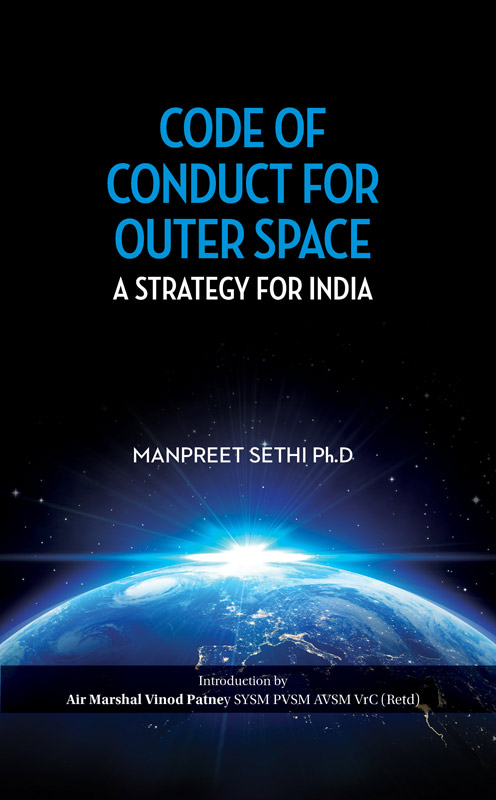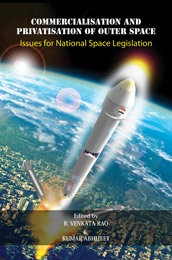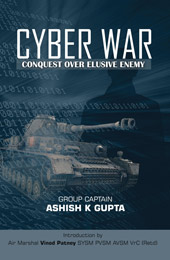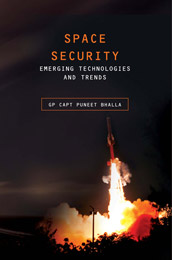Subjects
Code of Conduct for Outer Space: A Strategy for India
Manpreet Sethi
Space has often been cited as a global commons and heritage of mankind. These are noble sentiments but belie reality. In fact, although the phrase ‘militarisation of space’ gained currency somewhat later, the concept of military use of space was implicit from the day that the then USSR launched the Sputnik in 1957. The potential of ‘high ground’ was brought home in telling fashion and within a few weeks, a then highly classified National Reconnaissance Organisation was created in the USA. The battle for the high ground and its exploitation had been well and truly joined. The jousting for superiority in space followed with increasing vigour. As more and more countries became space-faring nations or would-be space powers, there was a need for regulations to be adopted. This became even more important as the commercial exploitation of space was soon recognised. The first notable regulation was UN Resolution 1884 adopted by the General Assembly on October 17, 1963, calling upon all states to “refrain from placing in orbit around the Earth any objects carrying nuclear weapons or any other kinds of weapons of mass destruction, installing such weapons on celestial bodies, or stationing such weapons in outer space in any other manner”. This was an important first step as the need for the safety of space assets was universally recognised and so was the requirement to avoid an arms race in space.
CONTENT
Acknowledgements
• Introduction
• Limitations in the Existing Legal Framework in Outer Space
• Soft Law in Space Governance
• The Experience with the HCOC: Lessons for the Space Code of Conduct
• A Study of the Current Proposal for the Space Code of Conduct
• Deterrence in Outer Space: The US Way
• Examining China’s Space Strategy
• India and Use of Outer Space
• Conclusion and Recommendations
• Annexure


 Political Science
Political Science



